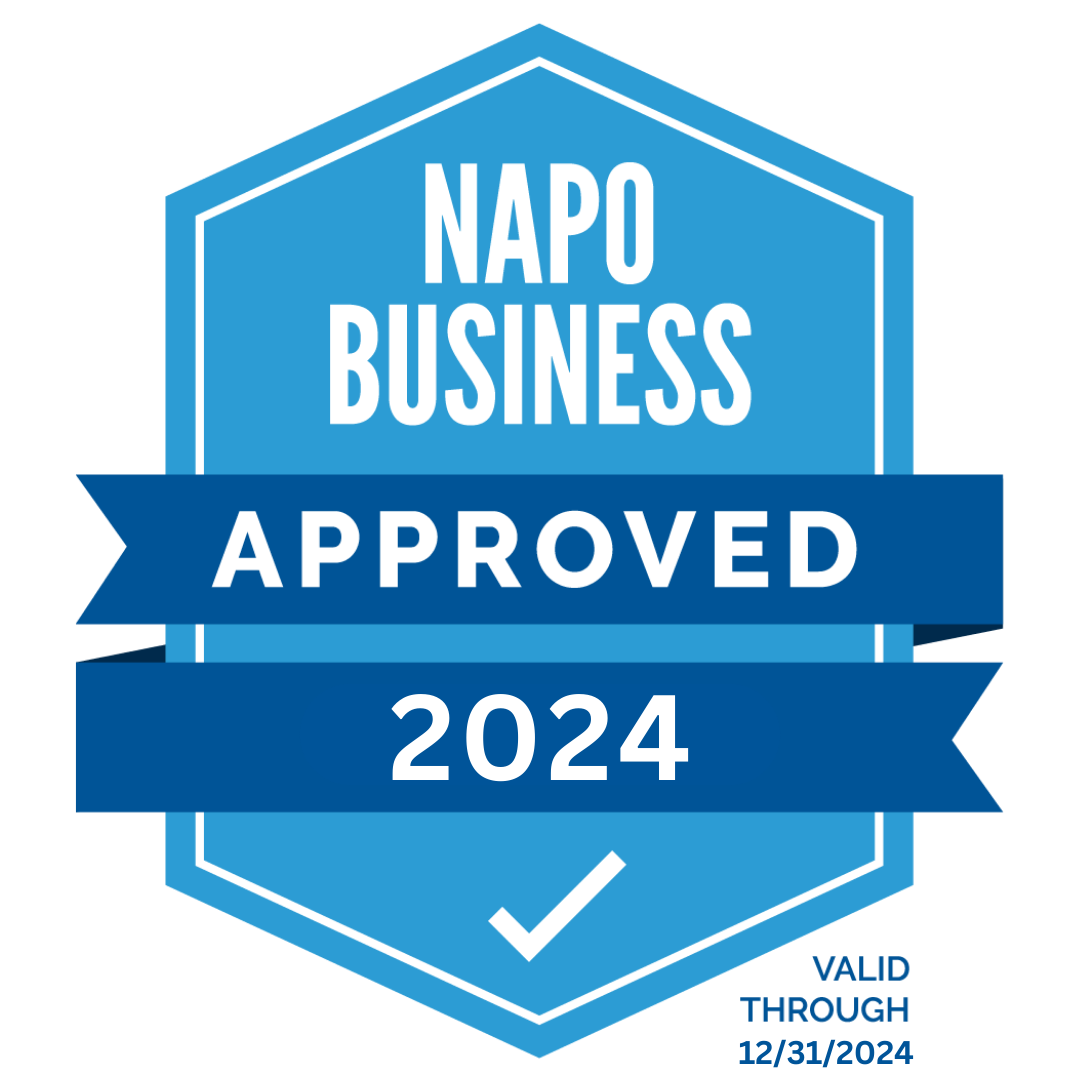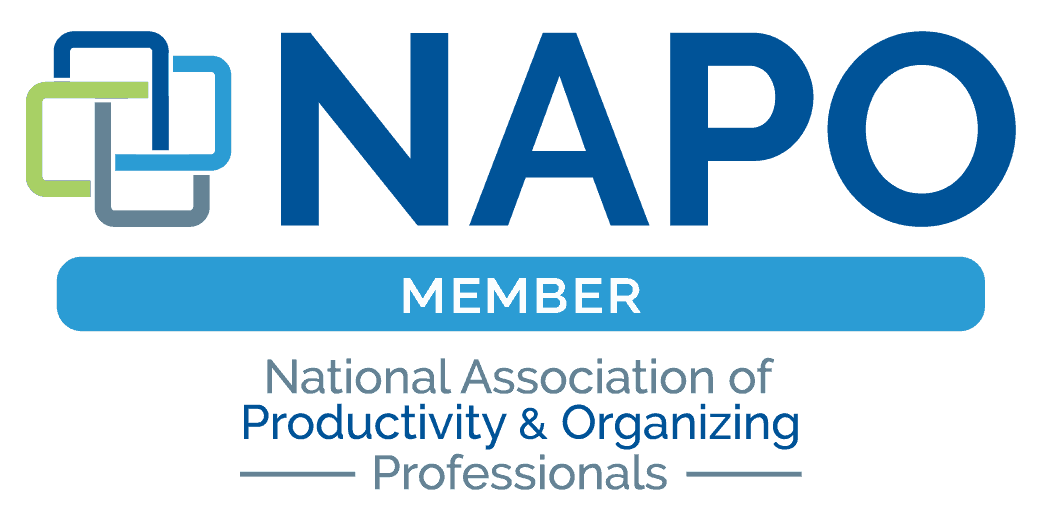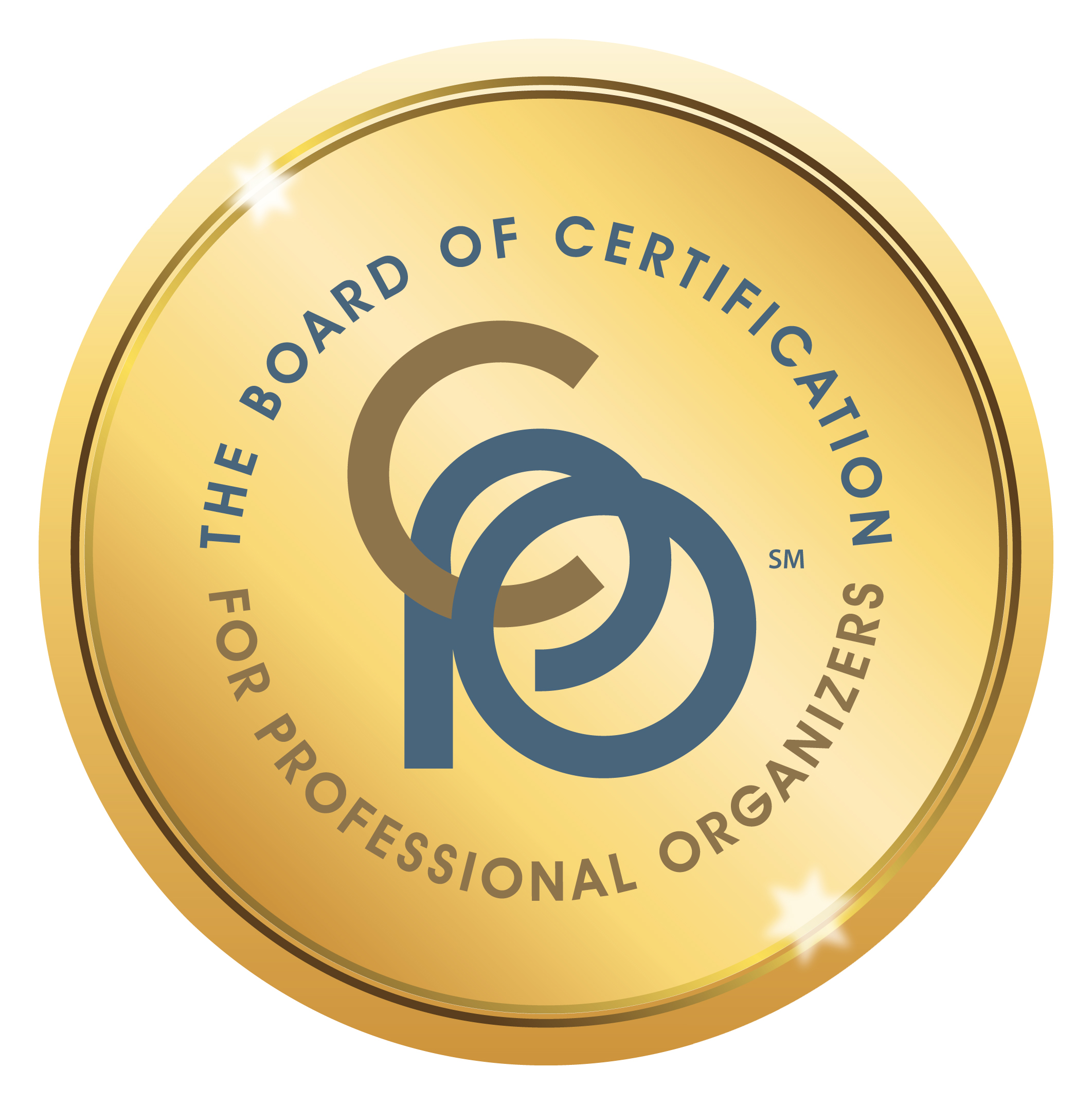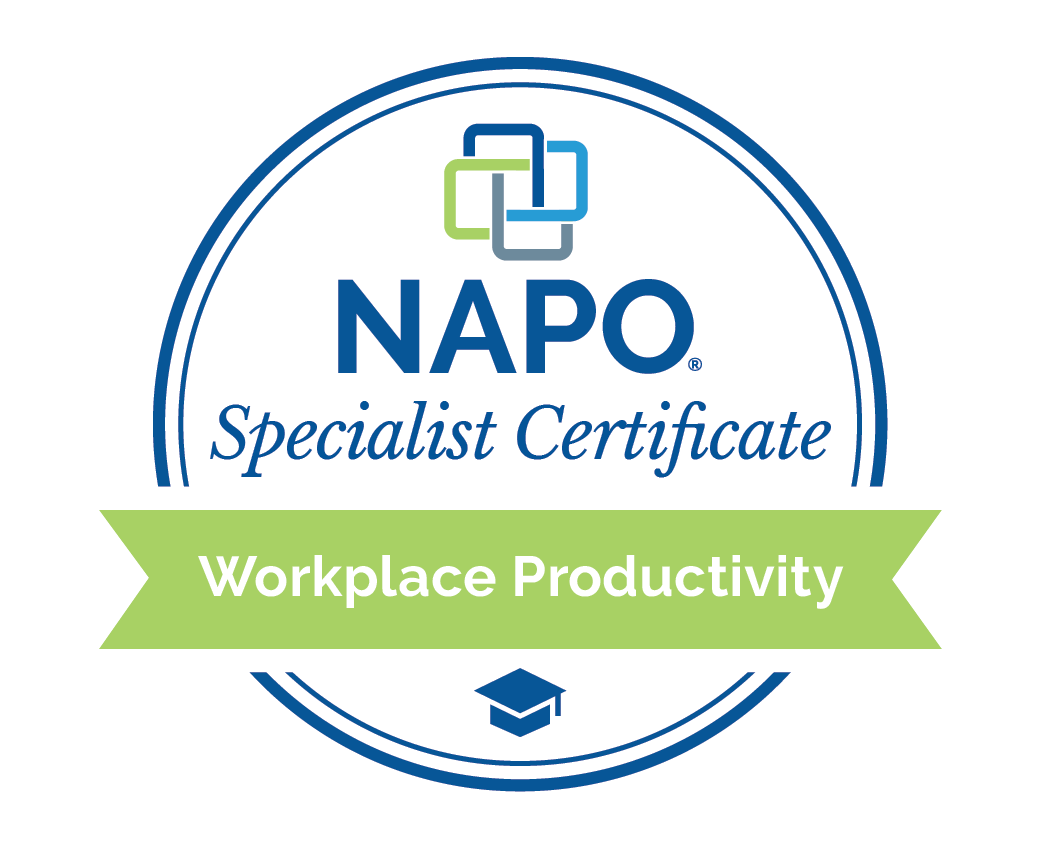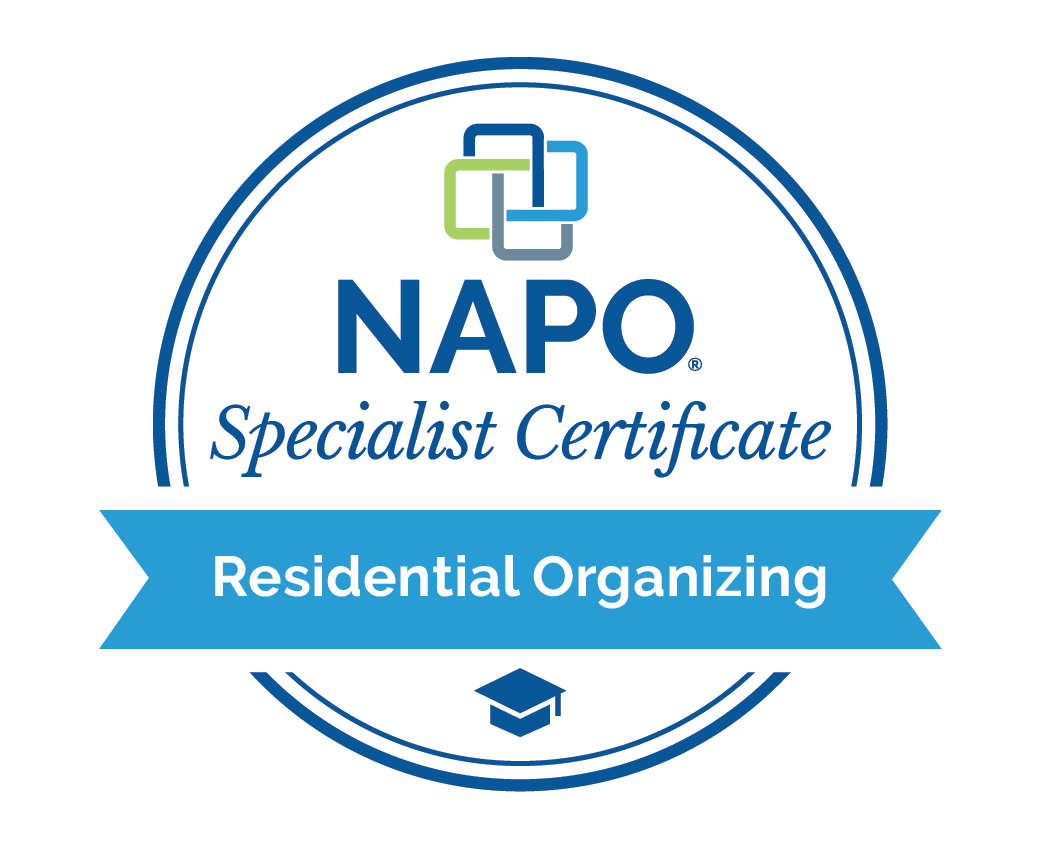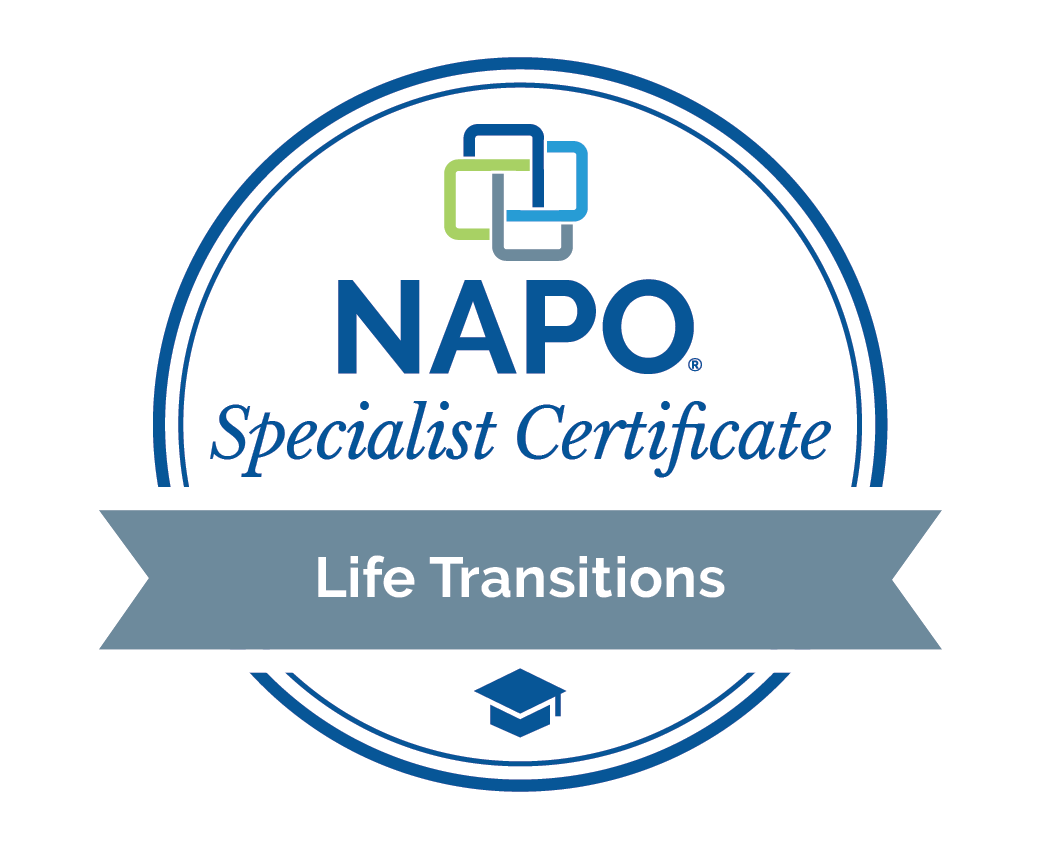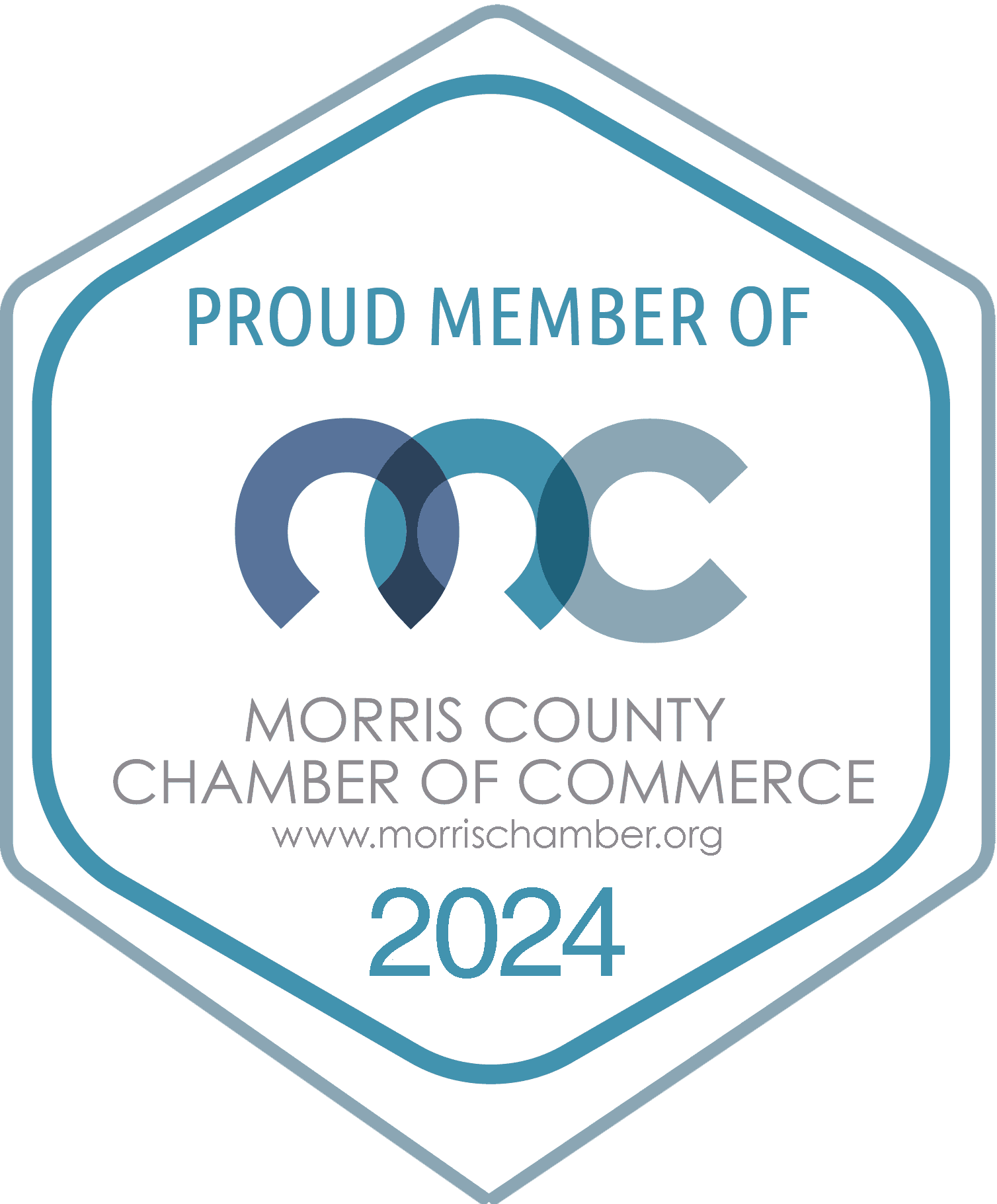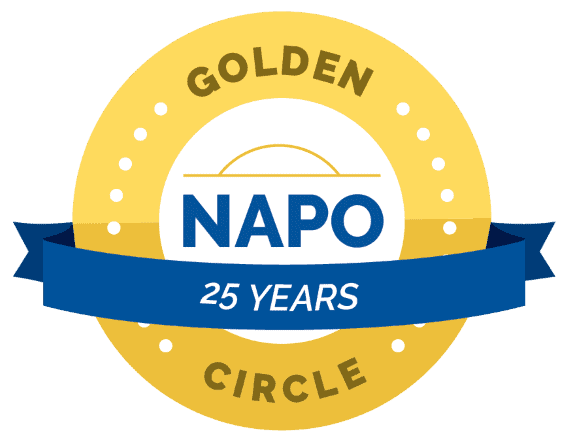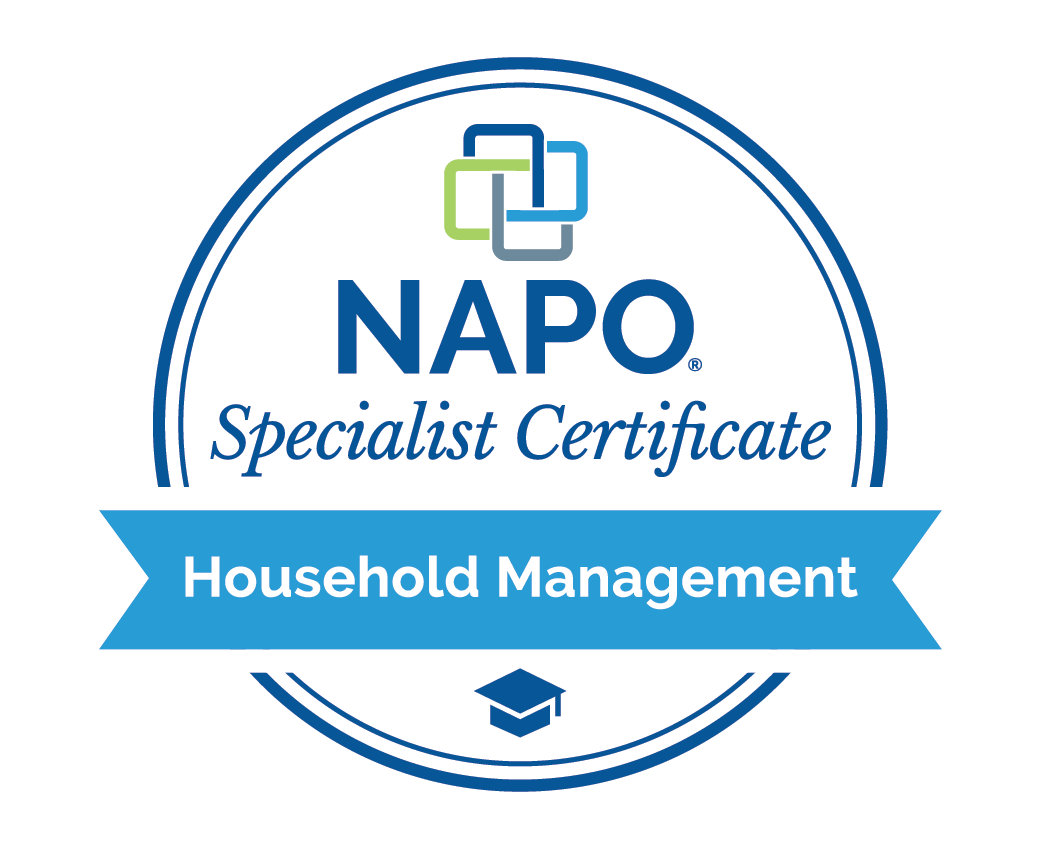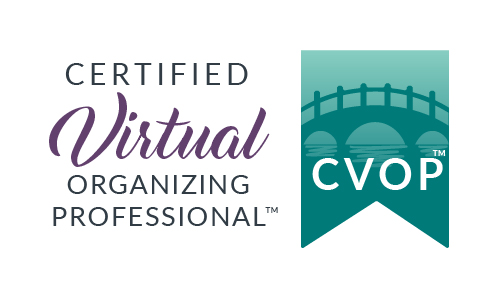Organizing your estate
It is said that there are only two certainties in life — death and taxes. Unlike the IRS, which makes it very well known when taxes are due, your time of death is uncertain. Because of that, it’s important to take time now to create or update files with everything your loved ones will need.
While estate planning deals with the financial aspects of one’s estate, estate organization deals with the practical issues of incapacity, disaster and death. Additionally, it provides the important benefit of keeping a family afloat during a very stressful time.
Procrastination is just one reason people don’t deal with the details. An irrational fear that “if I talk about death, it might actually happen” is another. There is a 100% chance that you will die. The question is “when”. And because that’s such an unknown, it’s important that your estate be organized. Of note, not only should your own estate be organized, but also that of your parents or other close relatives.
There are a number of benefits of estate organization.
First, it provides you with an opportunity to organize and record all of the information the family needs to handle the practical realities of the situation.
Second, it creates a formal arena to discuss and record your wishes and desires.
Third, it eliminates decisions made at a time of crisis or grief, thereby ultimately reducing stress at the time of loss.
Fourth, estate organization can serve to open the doors of communication between generations.
And last, it helps you prepare a strategy to enable survivors to function, and it facilitates the healing process.
Let’s discuss what specific documents and information are needed. Stress and grief at a time of crisis are difficult enough without trying to find the vital information required. As a minimum, the following information needs to be in a labeled file, and placed in a designated location that has been disclosed to key family members:
- Individual’s full name (including maiden name, if applicable)
- Social security number and benefit information
- Safety deposit box location and access information (i.e., location of key, persons with authorized access, inventory of personal property).
- Mother’s maiden name, father’s name, date and place of birth.
- Legal paperwork including will, trust papers, marriage and birth certificates, divorce papers, etc.
- Armed services discharge papers (VA benefits, flag for casket, burial plot in
National Cemetery. - Life insurance policies
- Health care coverage
Financial information you need includes:
- Deed to the cemetery plot (if applicable). Additionally, if you have pre-paid funeral expenses, that needs to be made known and appropriate paperwork should be accessible. (This is a purchase that is not refundable, and you don’t want to pay for it twice.)
- Listing of outstanding debts
- Bank account and loan information
- Investments and real estate data/deeds
- Pension paperwork
- Durable power of attorney for health care (You should keep copies of this in your wallet, your luggage and the location where you keep prescription drugs.)
- Signed DNR form, if desired (for terminal illness)
- Durable power of attorney for finances eliminates the issue of a conservator.
Your should also include in your file a list of your key advisors and how to contact them, including:
- attorney
- executor or successor trustee
- insurance agent
- accountant
- financial advisor
- professional organizer
As part of your estate organization process, you may also want to consider decisions regarding funeral/memorial service if you have specific wishes or desires.
Additionally, you may want to prepare a “to do” list. This would include things like:
- Call next of kin, family members, close friends, employer along with the names and phone numbers for each contact.
- If appropriate, contact Pastor/Minister/Rabbi
- Call mortuary to set up appointment. If possible, you should go with at least one other person.
- Discuss plans for possible service with family and friends.
- Order at least twelve certified copies of the death certificate.
- If a cemetery plot is not owned at time of death, visit and make arrangements with a trusted friend or family member.
- Notify friends, neighbors and social groups (again, including phone numbers here is helpful.)
- Notify attorney and discuss all legal issues (wills, trusts, etc.)
- Notify bank and obtain access to the safe deposit box once State and Federal
tax waivers are procured. In some states, you may need to make arrangements with the State Taxing Authority prior to opening the box. - Contact accountant.
- Contact pension.
- Contact Social Security.
- Contact life insurance agent.
- Contact brokerage firms and investment companies
- Cancel credit cards.
- Cancel auto insurance upon sale of vehicle; cancel mortgage insurance when house is sold; etc.
- Cancel group and publication memberships
If you’ve read this far, I congratulate you! While many may find this information morbid or unpalatable, if you’ve had to deal with the estate of a loved one who did not have this information accessible, you can surely appreciate the benefit of having things in place.
Wishing you all a long, healthy, and organized life!








